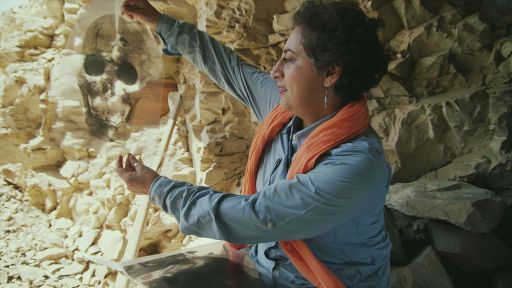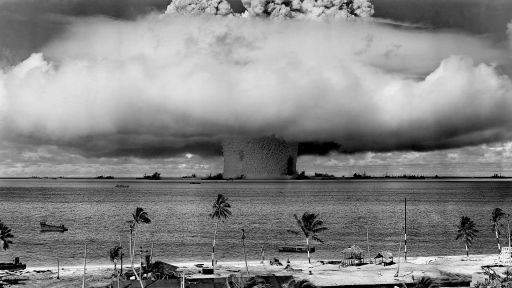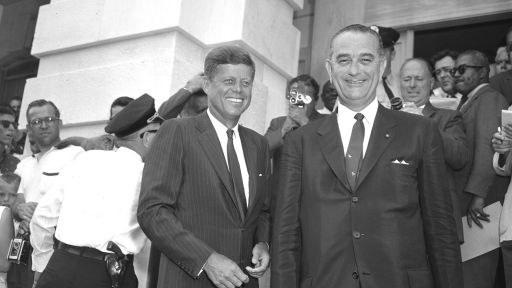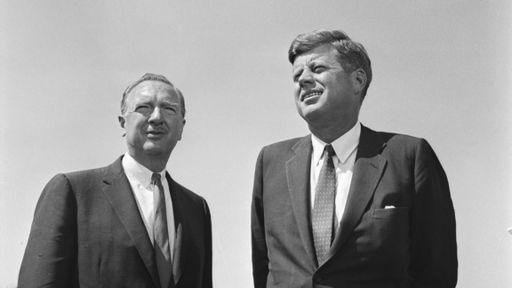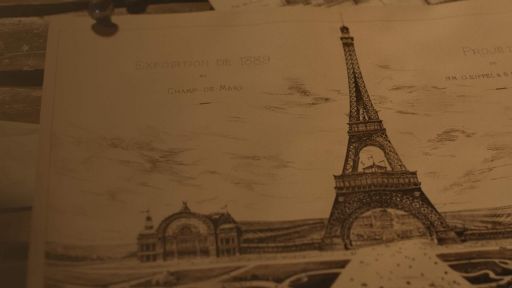On December 3, 1944, The Washington Post published an editorial on the atrocities in Auschwitz with the headline “Genocide,” marking the first time the word appeared in a national newspaper.
Features

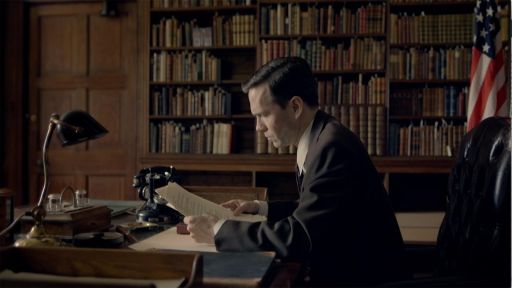
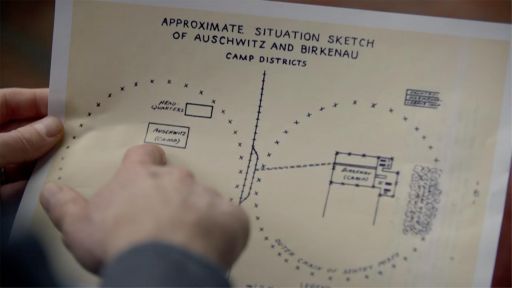
Pehle was told conclusively by Assistant Secretary of War John McCloy that bombing Auschwitz was not feasible from a military standpoint.
He says there is considerable opinion to the effect that such an action even if practicable might provoke a more vindictive response on the part of the Germans.
what's more vindictive than Auschwitz?
The officials who made the decision that this shouldn't be done --they weren't concerned about the people in the camp. From everything we know, the vast majority of them just sloughed it off.
Pehle couldn't force the War Department to act. Instead he leaked the full version of The Protocol to newspapers with a cover letter.
'So revolting and diabolical are the German atrocities that the minds of civilized people find it difficult to believe they've actually taken place...' Pehle understood his responsibilities and that was his greatness. I regarded John Pehle as one of the great American heroes. And he said we did too little and we did too late.
Pehle knew what he was doing and he played the media card very very well. It got a great deal of attention, it was all over the newspapers.
This is front-page news nationwide. The Washington Post publishes an editorial entitled 'Genocide.' It's the first time that word appears in a national newspaper.
The day that this information is released to the American people the Nazis destroy the gas chambers.
It was an attempt to destroy the evidence but it didn't work.
Two months later on January 27, 1945 Auschwitz was liberated by the Red Army.
You May Also Like
